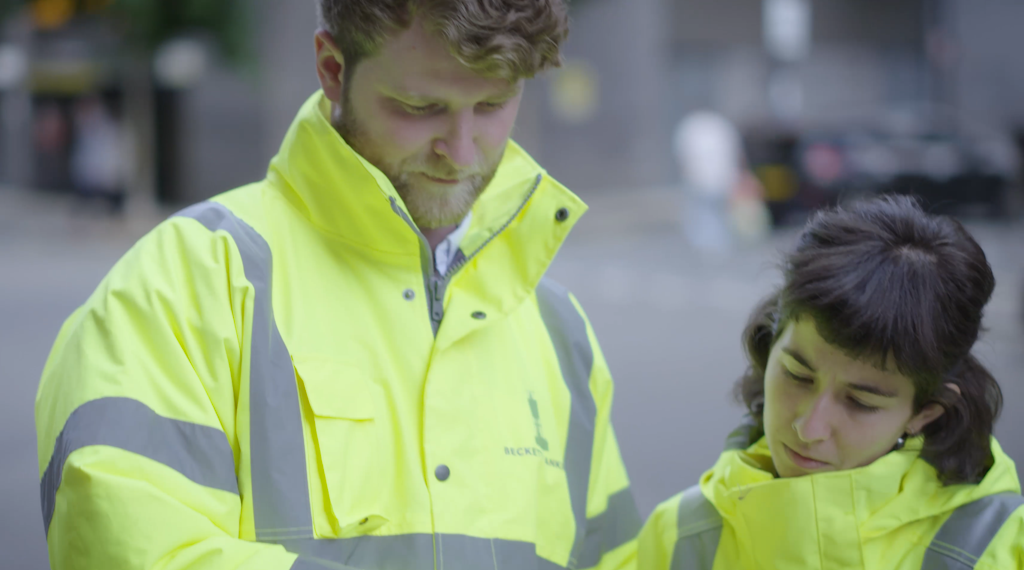Beckett Rankine’s graduate training scheme has had its accreditation renewed for another five years by the Institution of Civil Engineers (ICE).
The training scheme is a structured learning and development programme that provides the necessary knowledge, experience and competence graduates require for professional qualifications.
Beckett Rankine first achieved ICE accreditation in 2014 for its Graduate Maritime Civil Engineer training scheme. Since becoming an Approved employer, the firm has supported over 30 individuals to complete the training scheme, with an additional 15 trainees currently enrolled.
Graduates benefit from the mentorship and guidance of dedicated colleagues assigned as Supervising Civil Engineers (SCEs) and Delegated Engineers (DEs), as well as the wider knowledge and expertise found across the company.
The result is that all trainees gain hands-on experience of the full life cycle of projects spanning civil, structural, hydrodynamic and geotechnical engineering, preparing them with a well-rounded practical overview of the maritime engineering sector.
Fellow of the ICE and Beckett Rankine Director, James Smith, said,
“We are proud that Beckett Rankine’s ICE Training Scheme has been renewed for another five years – a great recognition of the dedication shown by our SCEs, DEs and trainees. We are committed to nurturing the next generation of engineers to reach their full potential, both as highly valued members of our team and as future ambassadors for the wider engineering sector.
We firmly believe that our people are key to Beckett Rankine’s success. Investing in their personal and professional development is integral to maintaining the high standard of technical and creative solutions that our clients have come to expect, and that we take great pride in delivering.”
Beckett Rankine fosters a collaborative learning environment that encourages and rewards professional development for all staff.
In addition to the ICE Training Scheme and the Graduate Naval Architect scheme, the firm supports staff to participate in internal and external seminars and courses; contribute to industry organisations, working groups and conferences; and pursue specialist skills such as confined space training, rope access training, and professional diving qualifications.



